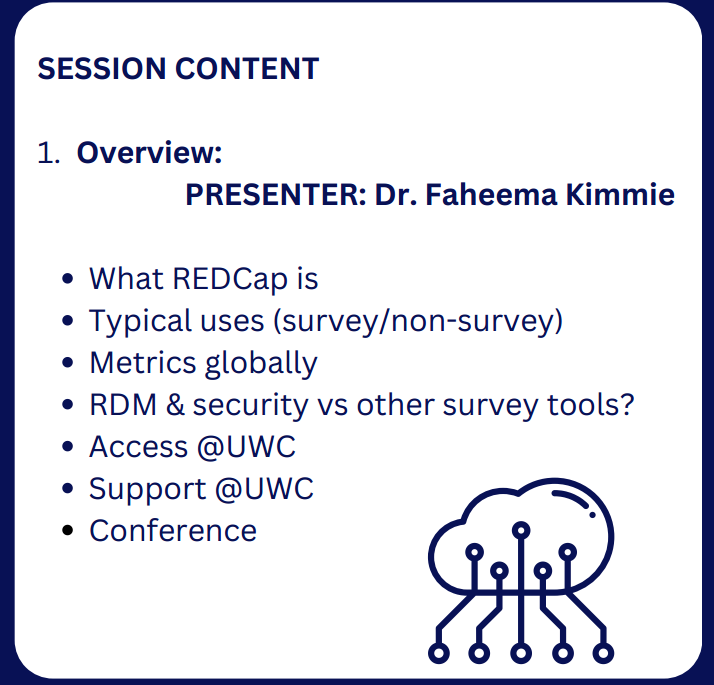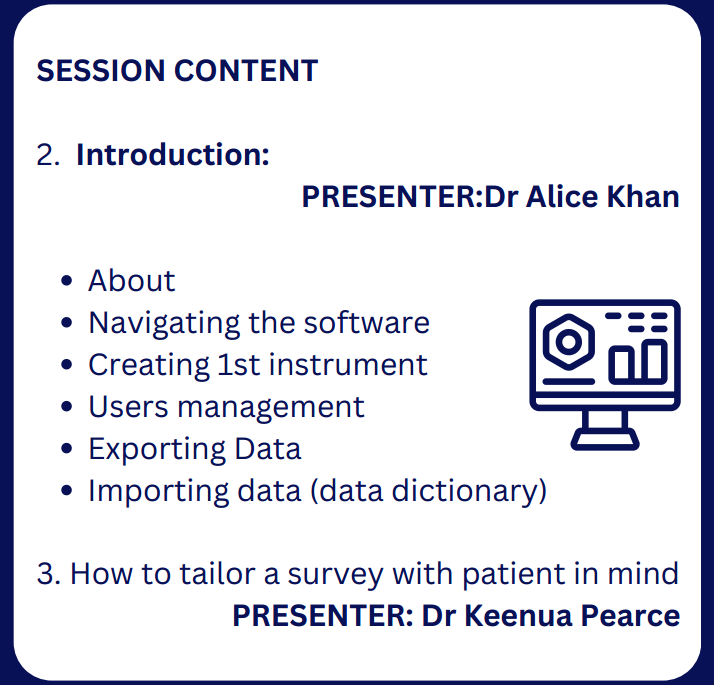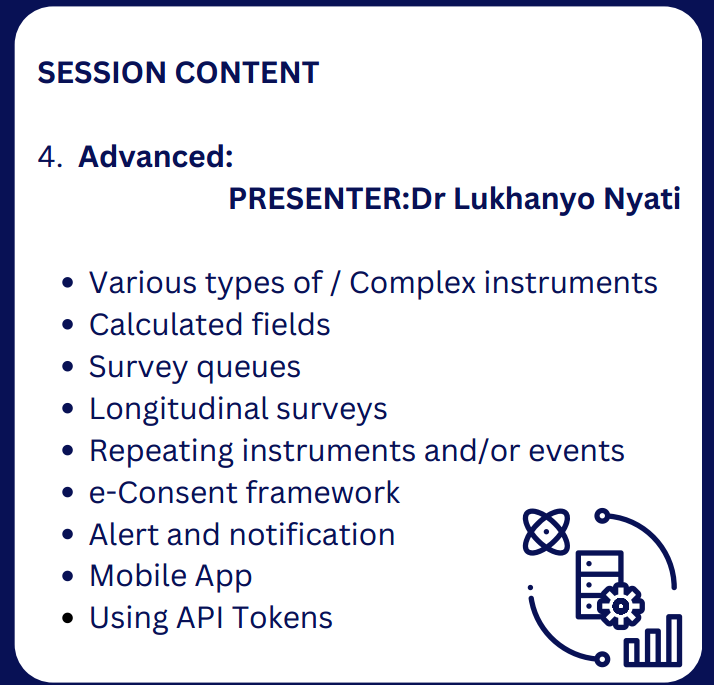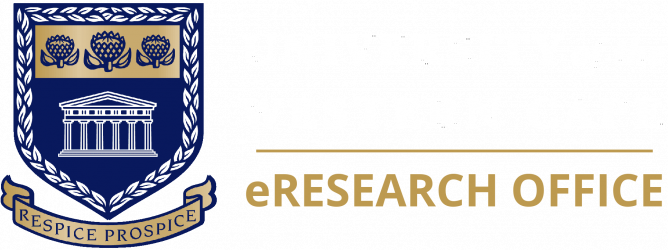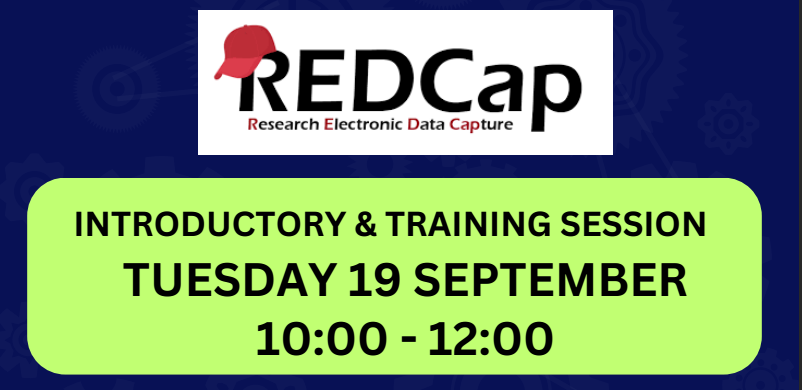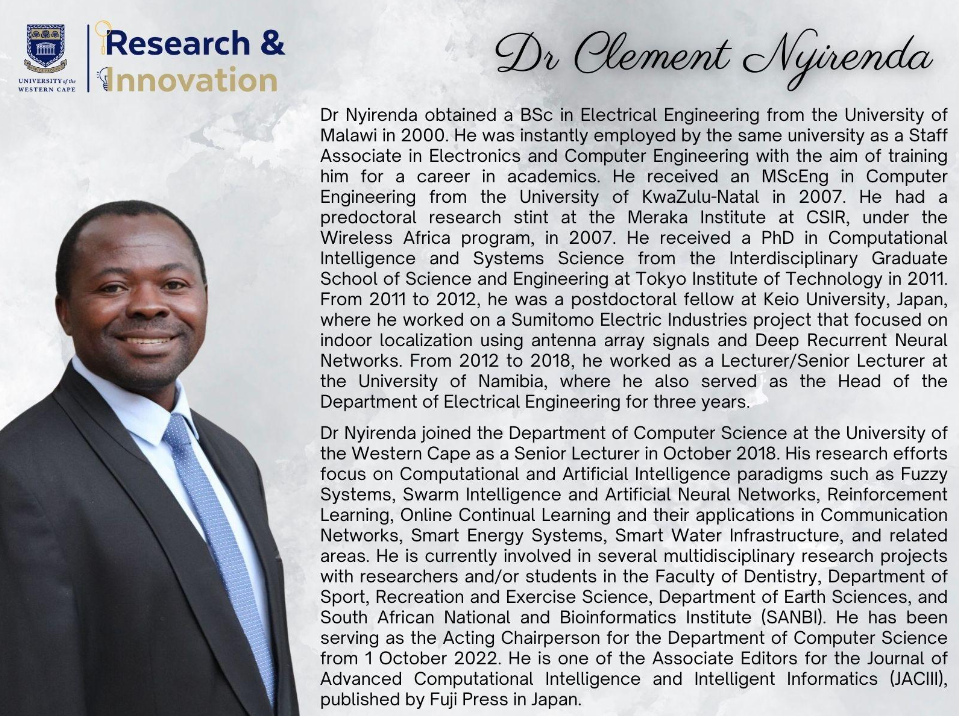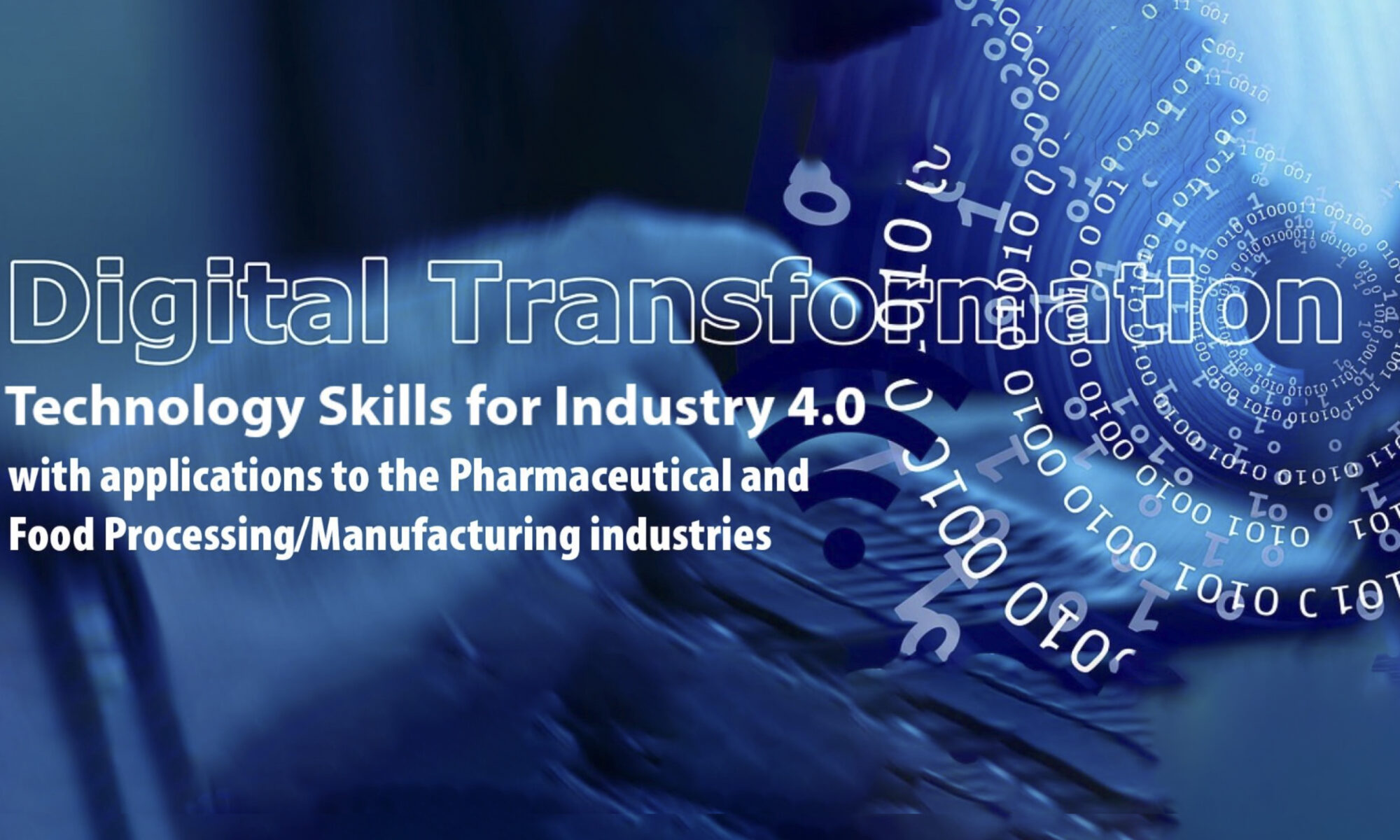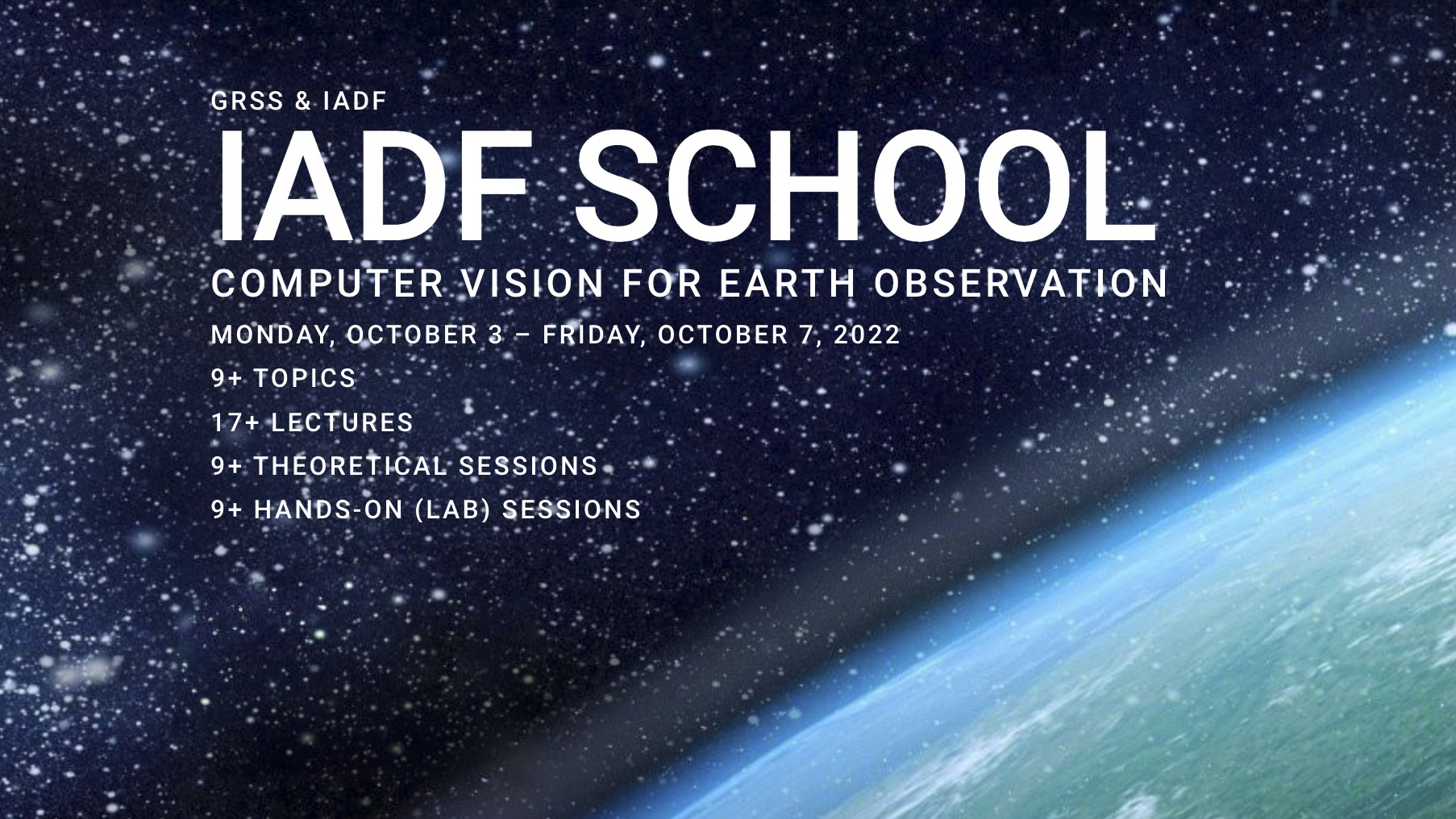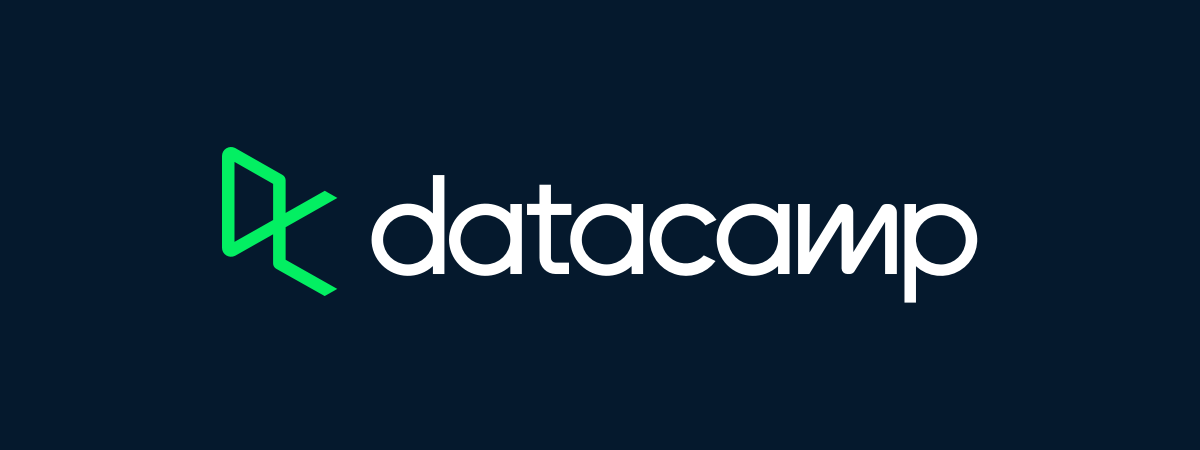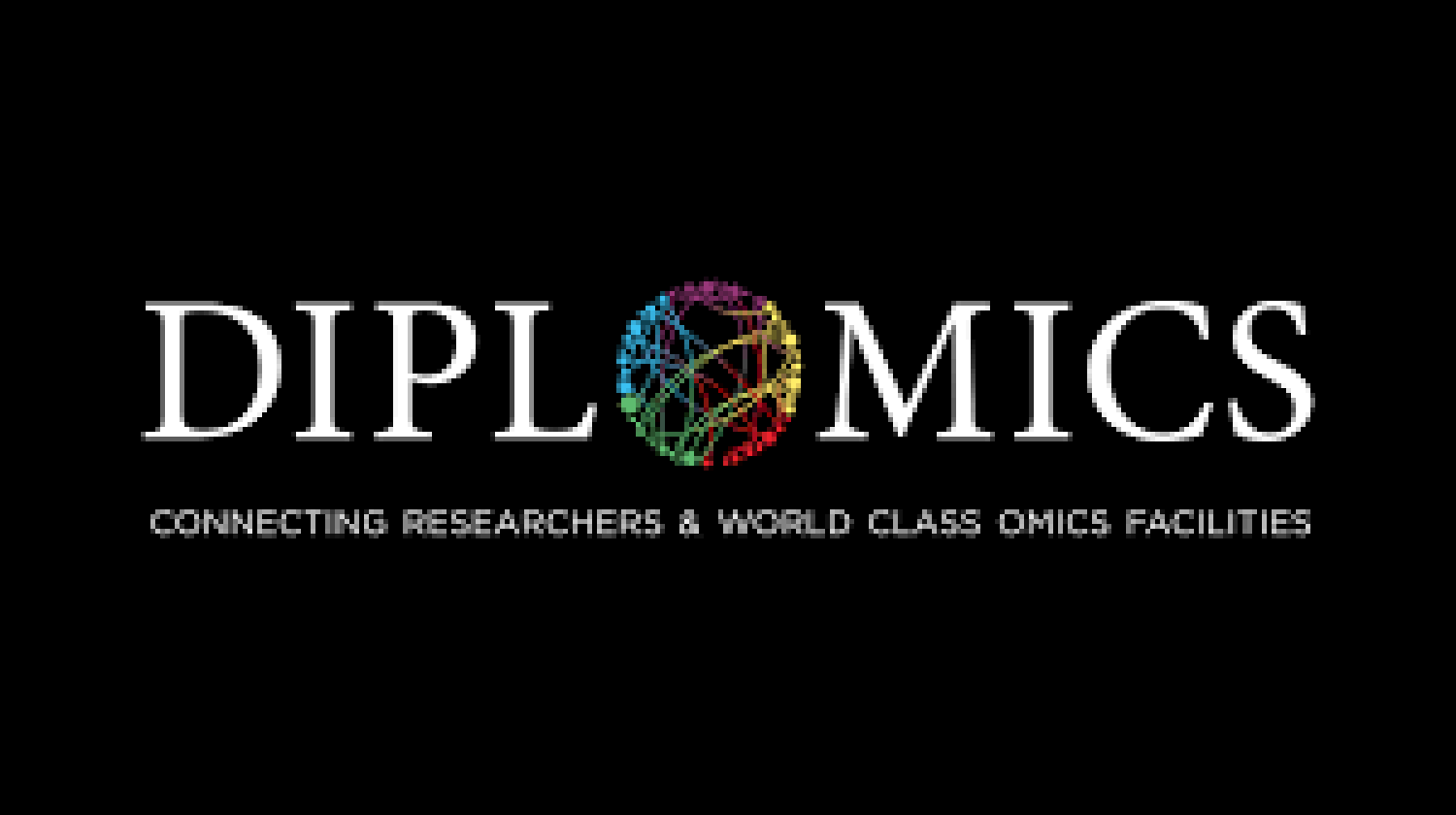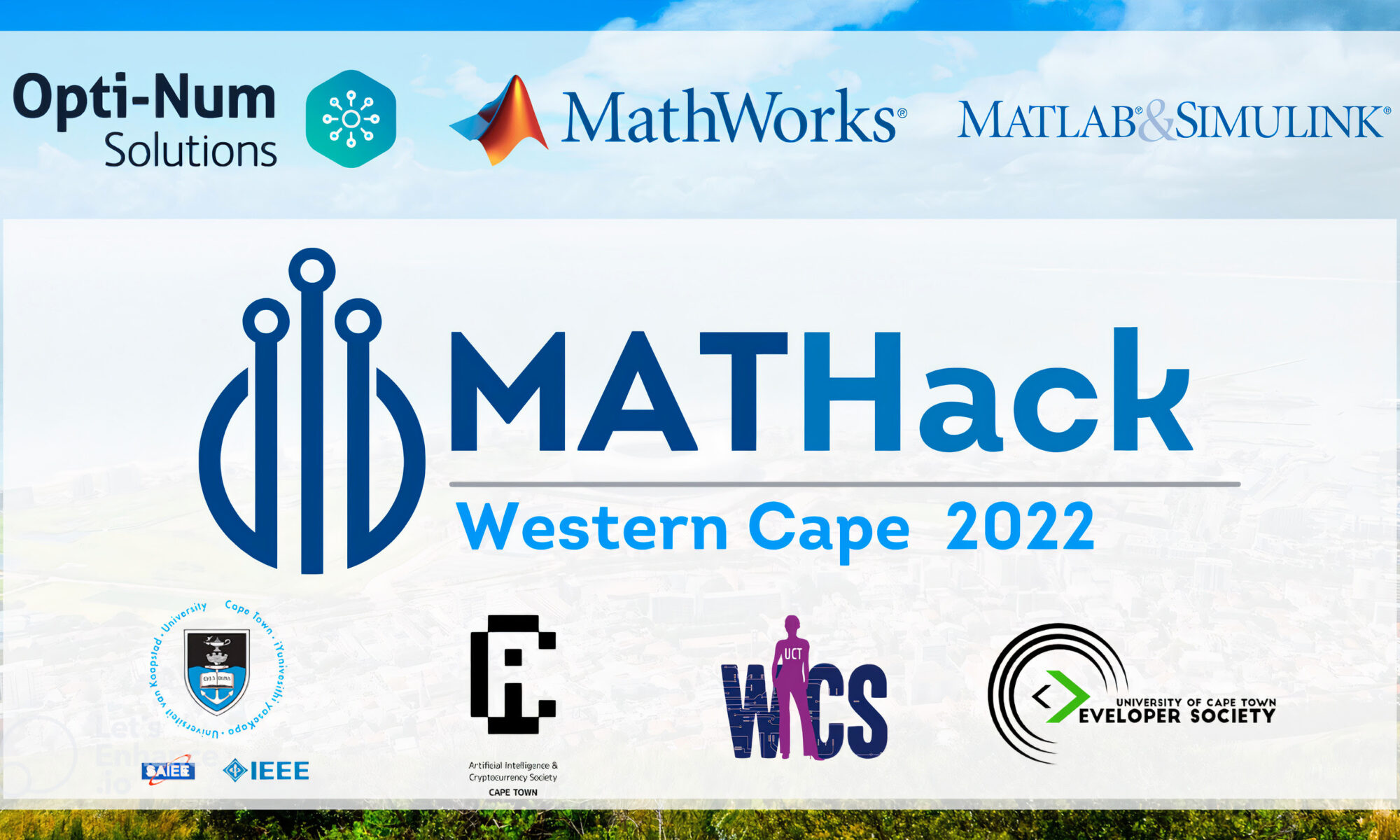Technology Skills for Industry 4.0 with applications to the Pharmaceutical and Food Processing/Manufacturing industries
Applications are open for a short course on Digital Transformation applied to the pharmaceutical and food processing/manufacturing industries that will focus on enhancing knowledge, skills and competencies associated with the concepts of digital transformation and the evolution of life science manufacturing from a traditional reactive process to the emergence of Industry 4.0 and Pharma 4.0.
This course will be the first of its kind on the African continent, and InnoGlobal is behind the initiative, in partnership with Development in Africa with Radio Astronomy (DARA) Big Data, the South African Radio Astronomy Observatory (SARAO) and the African Institute of Mathematical Sciences (AIMS) South Africa. This is the first time that this course will be offered under the DARA Big Data partnership, with SARAO and AIMS South Africa leading the local implementation of the course in South Africa. Read more about the partners here.
Learners will research current and future trends in life science manufacturing; the application and impact of greater use of technology, data analysis and visualisation on current performance; the impact on organisations and their levels of maturity to complete such transformations as well as ethical and corporate social responsibilities associated with such changes. The programme aims to equip learners for employment within life science organisations that are transforming their processes to integrate data, new technologies, data analytics, improved ways of working and improved support processes.
Digital Transformation refers to the smart integration of technologies, processes and data to improve operational effectiveness and capability in any environment. Within manufacturing sectors, expertise is needed in process digitalisation, data management, data analytics and data visualisation to successfully transform to what is known as industry 4.0.
DETAILS
Applications are open to participants from South Africa and the SKA Partner countries (Botswana, Ghana, Kenya, Madagascar, Mauritius, Mozambique, Namibia, and Zambia). Applicants must have a 4-year BSc Honours or BEng degree or are currently undertaking or have completed a MSc or MEng degree. Graduates with an interest in the pharmaceutical and food processing/manufacturing industries are strongly encouraged to apply for the course.
Only complete applications adhering to all the required criteria will be considered.
Application Deadline: 9 September 2022
Course structure and dates
The course will be divided into 3 components
October 2022 Online learning
November 2022 Week-long intensive in-person workshop in Cape Town
December 2022 – February 2023 Career guidance and mentorship sessions
Apply here by 9 September: https://sites.google.com/aims.ac.za/digital-transformation/
Read more: https://sites.google.com/aims.ac.za/digital-transformation/
